Wonkhe have an excellent new blog out: Why aren’t there more academic experts in the media?
Written by Justin Shaw, a HE Consultant at Communications Management, it is part of his campaign to ensure the academic voice is heard. He would like to see a proliferation in colleagues sharing their evidence-based expertise both with policy makers and the population.
For the blog Justin interviewed 30 of the most prolific ‘media active’ academics to understand the enablers and barriers in taking up media opportunities and what they would say to media-hesitant colleagues to help them take the next step.
Here are some excerpts – but do make time to read the full (short) blog:
The belief that it is far better to anticipate, lead, and take control of media opportunities (rather than suffer in response or serve as a moaning bystander) is one of the main findings that has emerged from interviews with some of the UK’s most committed “media active” academics.
A significant finding is that these academic media advocates simply now regard working with journalists as part of the job. Not only that, but they also stress that it is now (more than ever) a duty and an obligation – especially in an era of growing media input from the subjective and the “ill-informed” (most commonly defined as: shoot-from-the-hip politicians or rent-a-quote personalities drawn from reality TV shows).
While their journey as a go-to media expert has been challenging, and certainly there are some hard lessons to learn on the way, they say that we have now come to a point where academics just have to be bolder, must stand-up and project their knowledge, their evidence, their experience, and they must simply just seize the initiative. Without taking this stand then academics will be crowded out as the voices of reason
“So often politicians and policy-makers present things as facts, but there’s no evidence base for this, so I feel obliged to point out that there is a big body of work and evidence that isn’t being drawn upon, just being the critical voice to say “have you thought about the implications of what you are saying?”. The value of it is that it allows the public to have a more rounded view of the situation, so they can make their own minds up, based on evidence.”
The blog goes on to explain that the skills of an academic researcher and lecturer are the best type of skills to prepare for media engagement. So in short, you’re already got it in the bag.
The blog concluded by considering how the professional services teams around the academic, such as BU’s Press Office, BU’s RDS Impact and Research Comms colleagues, and BU’s Policy Team, can be useful additional support mechanisms – both for media experienced and novice colleagues. Get in touch if you’d like more support or to discuss how you could connect with the media or parliament.
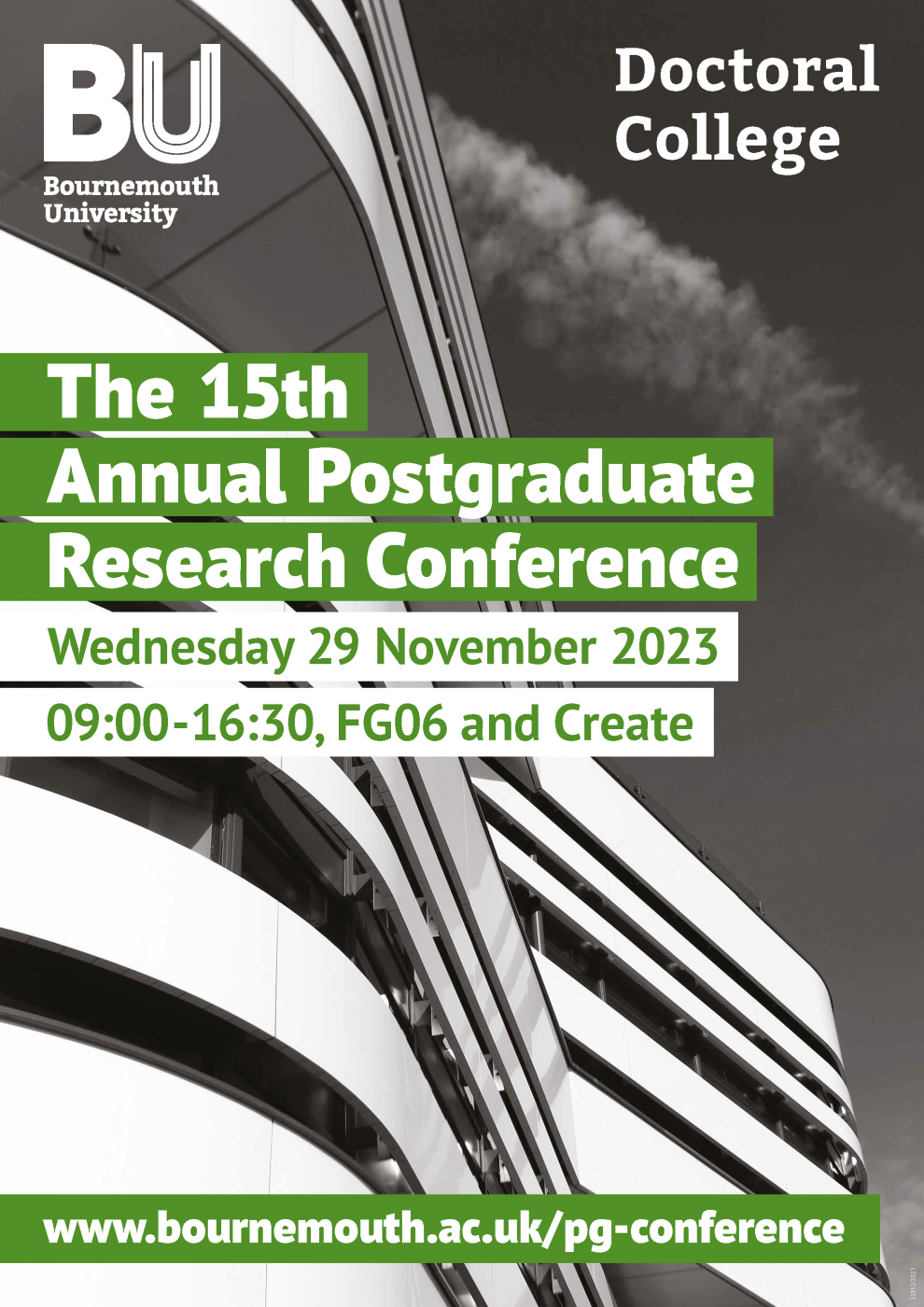
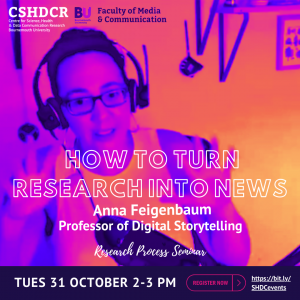


 The Science, Health, and Data Communications Research Group will be conducting a series of workshops to start off the new year, designed to help Bournemouth researchers form new networks and collaborative projects around educating and communicating research to the public.
The Science, Health, and Data Communications Research Group will be conducting a series of workshops to start off the new year, designed to help Bournemouth researchers form new networks and collaborative projects around educating and communicating research to the public.
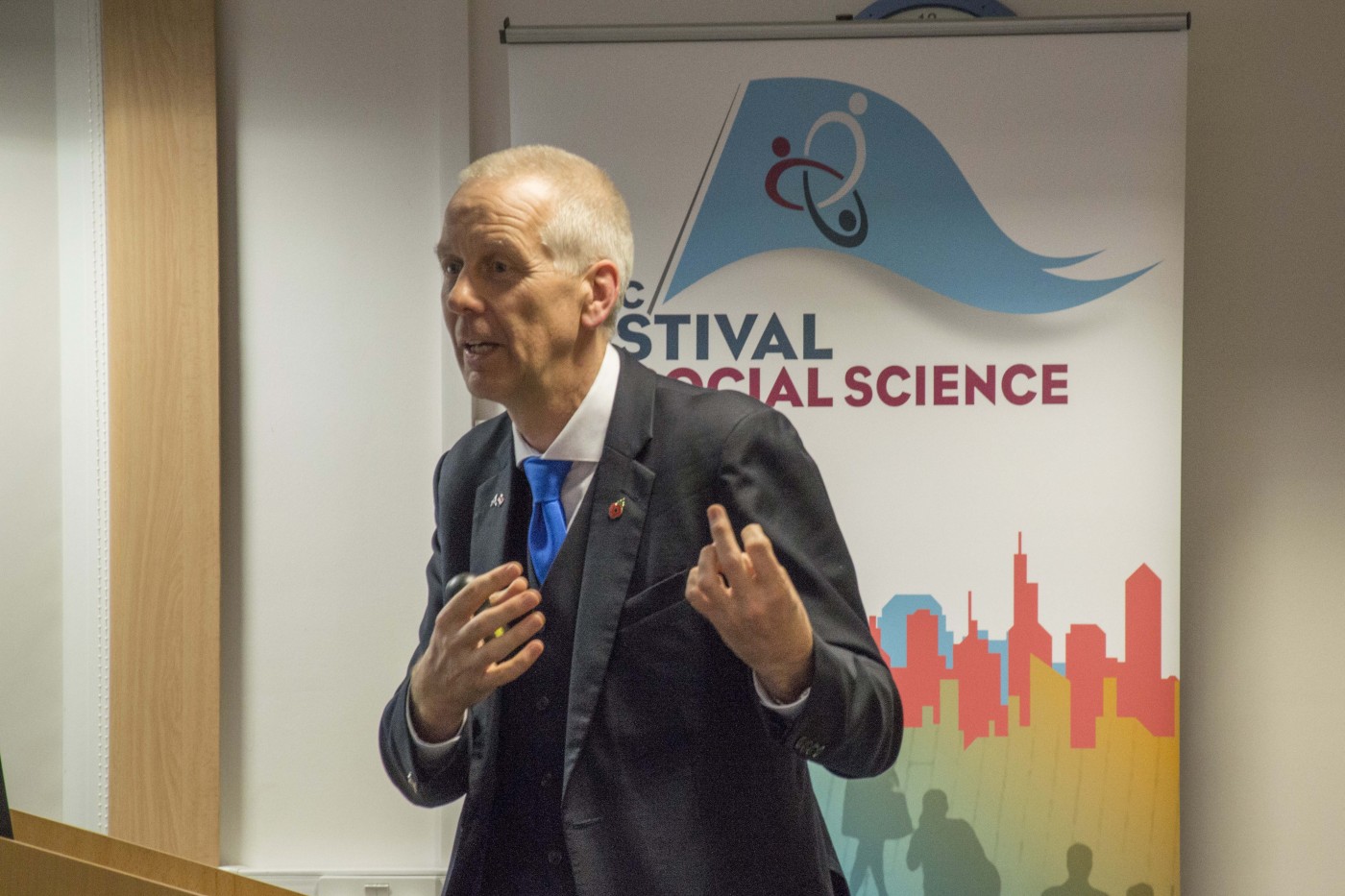



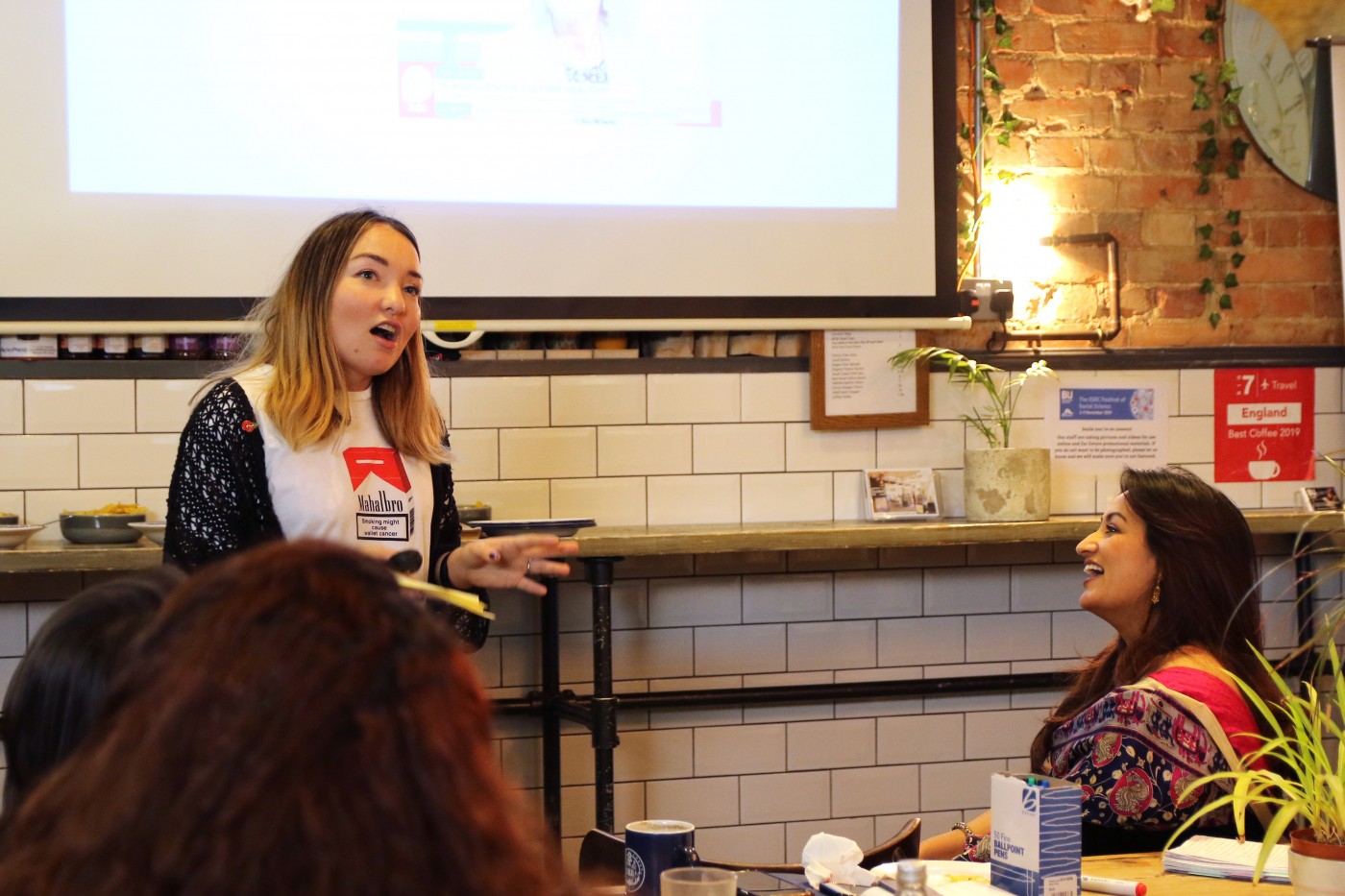
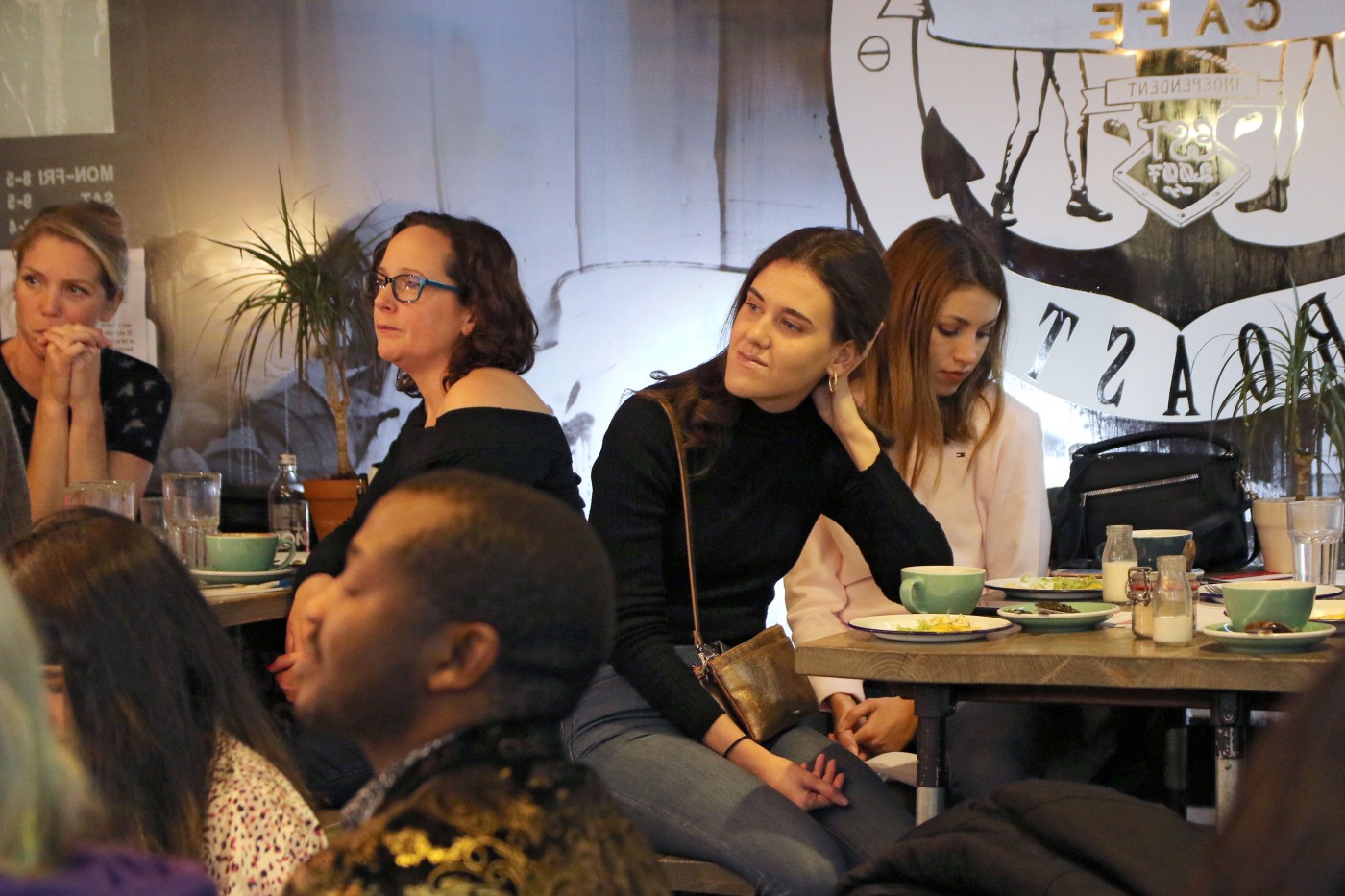
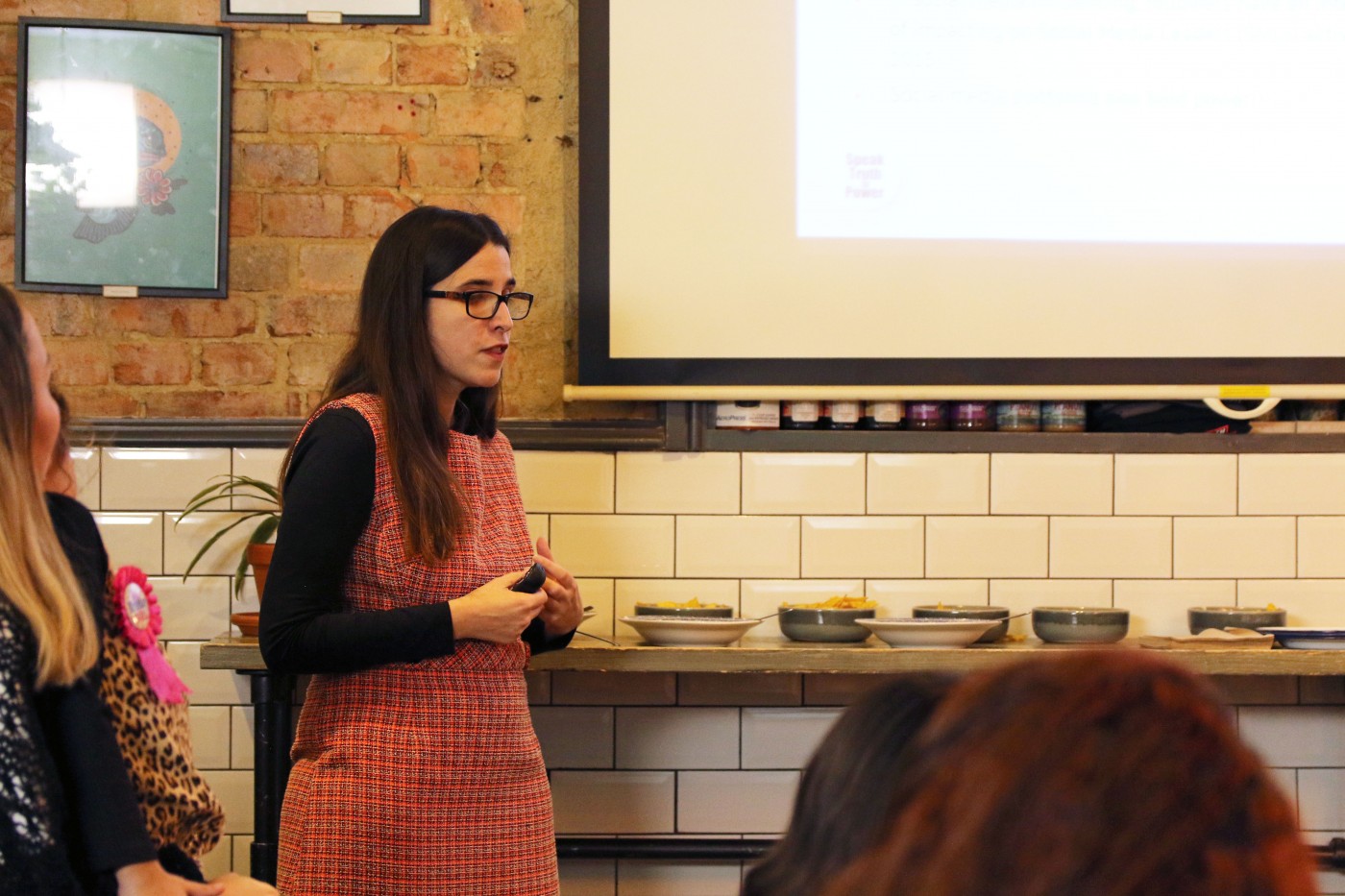
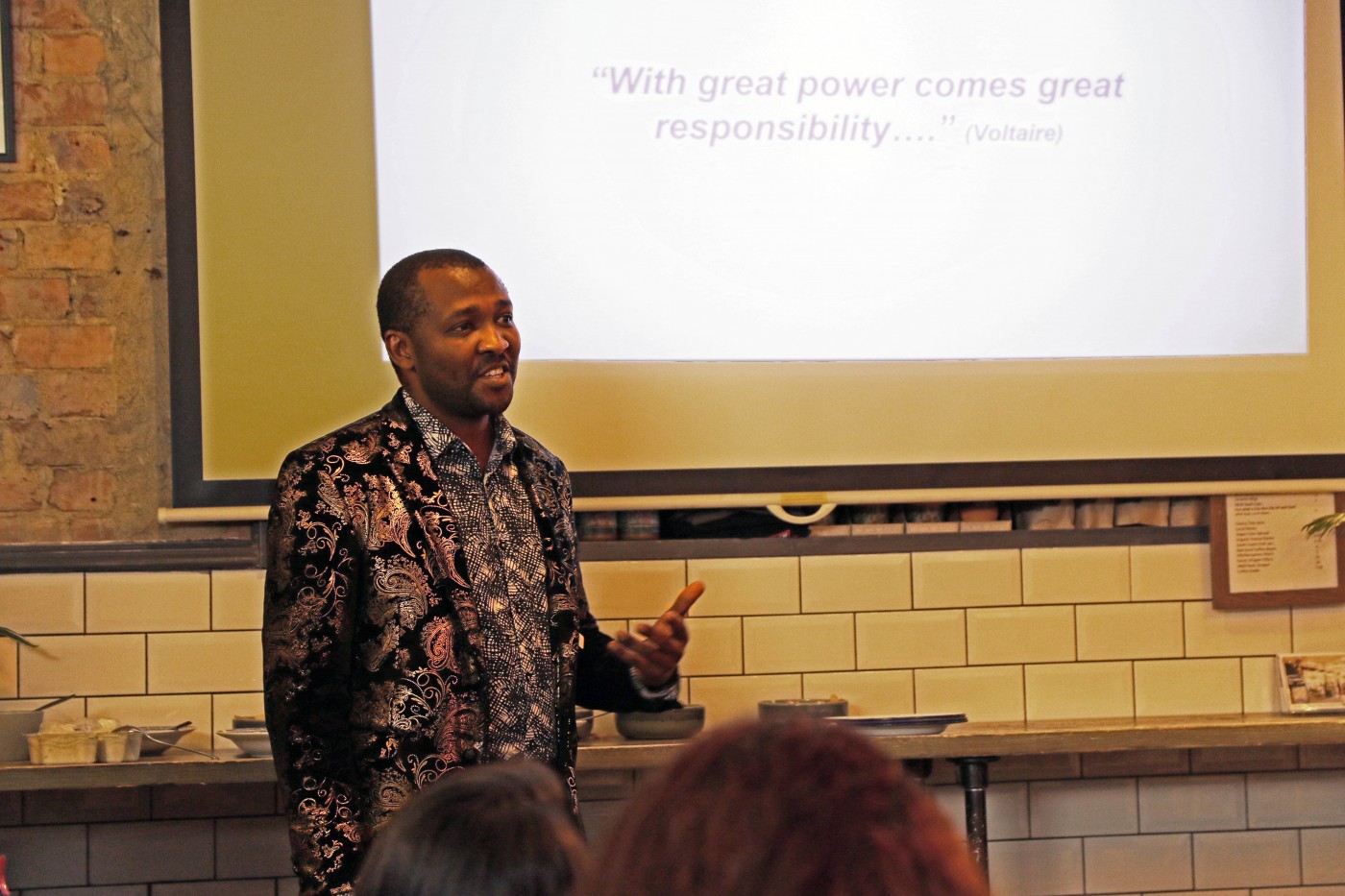
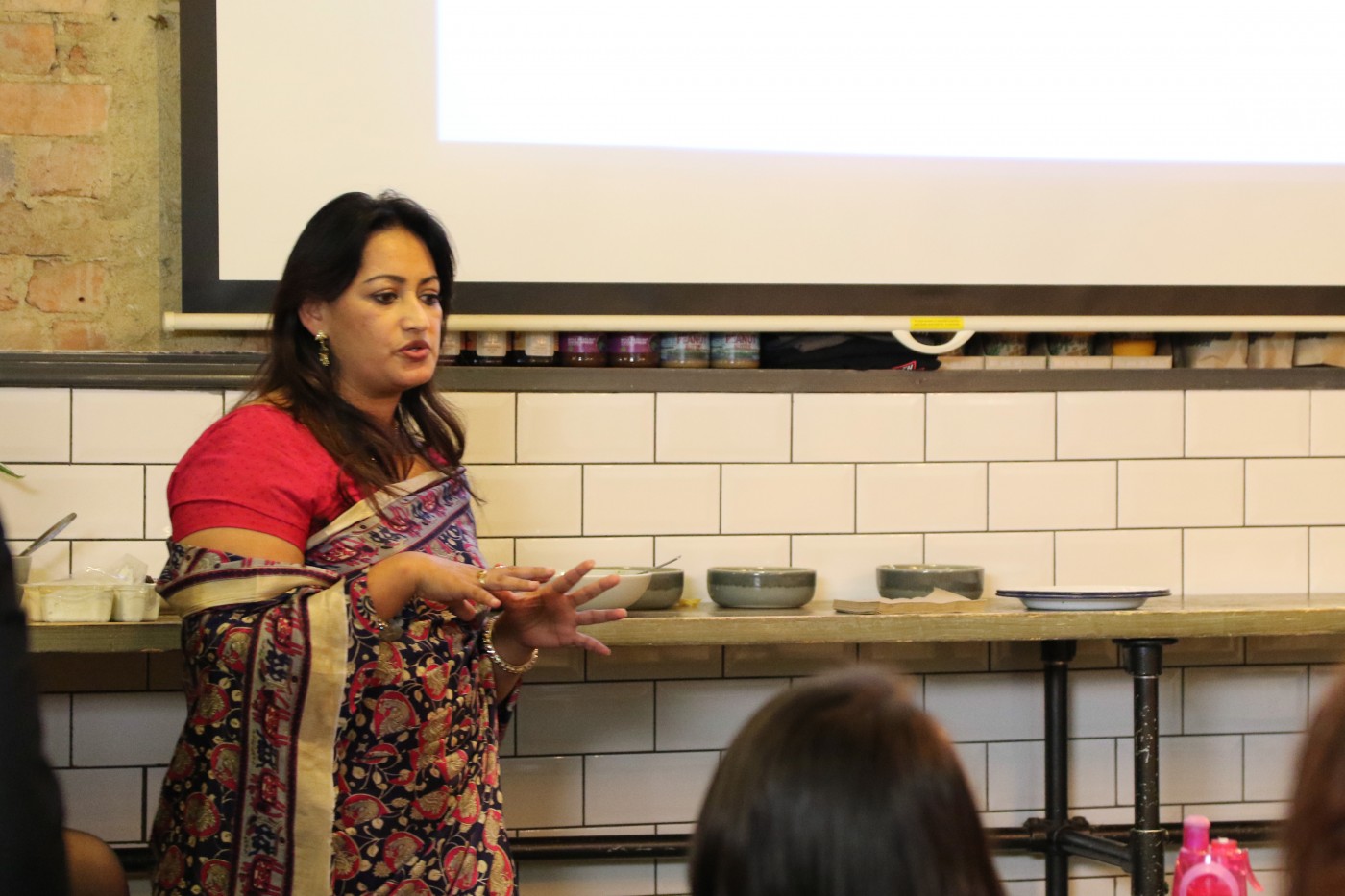
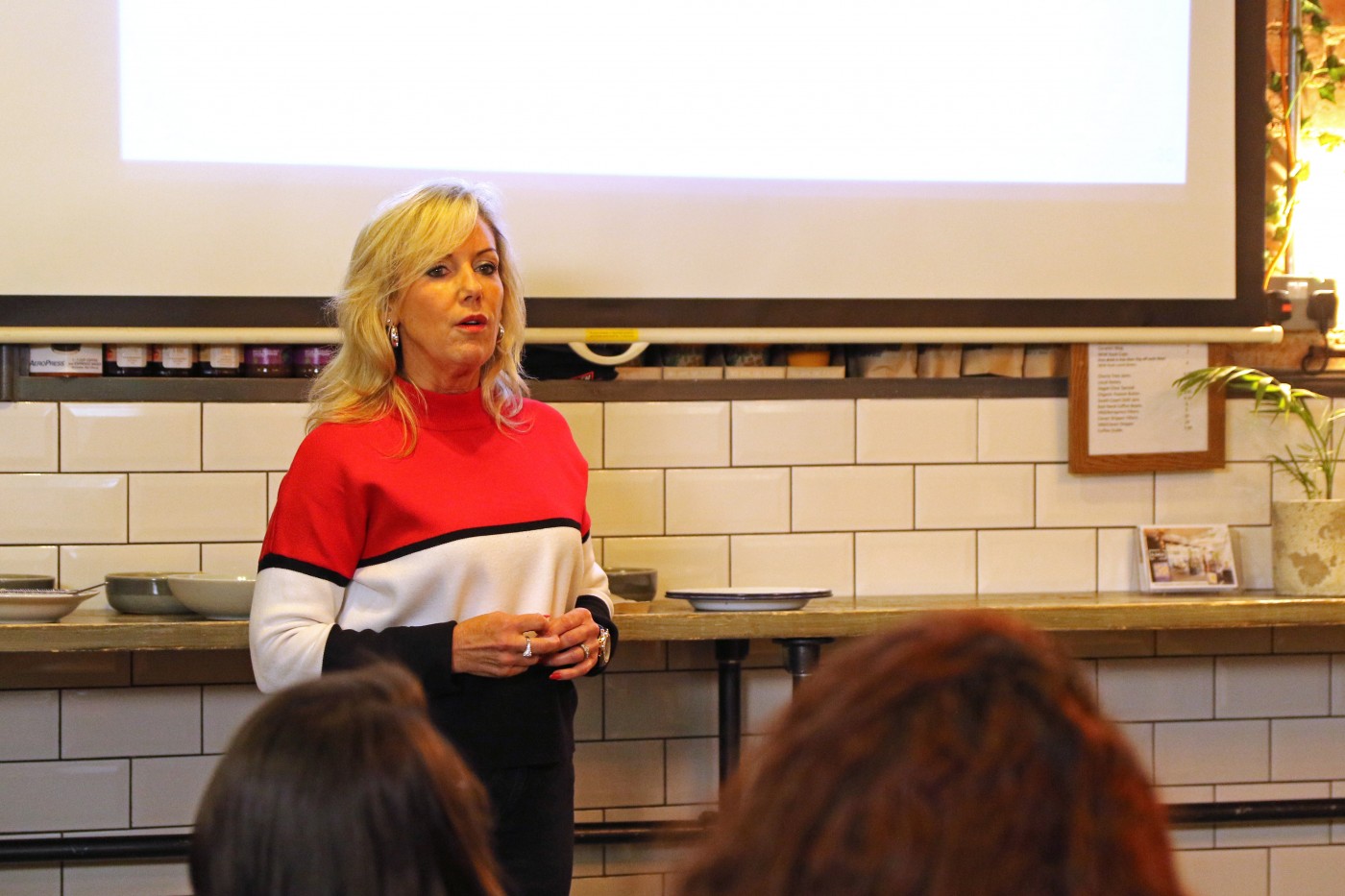



 The Physiological Society is offering grants of up to £5000 to support public engagement. The grants, which are available to both members and non-members, are designed to fund innovative and creative projects on any aspect of physiology. They particularly encourage collaborations between science communicators, artists, facilitators of public engagement, and their members.
The Physiological Society is offering grants of up to £5000 to support public engagement. The grants, which are available to both members and non-members, are designed to fund innovative and creative projects on any aspect of physiology. They particularly encourage collaborations between science communicators, artists, facilitators of public engagement, and their members.










 Conversation article: London Marathon – how visually impaired people run
Conversation article: London Marathon – how visually impaired people run Horizon Europe News – December 2023
Horizon Europe News – December 2023